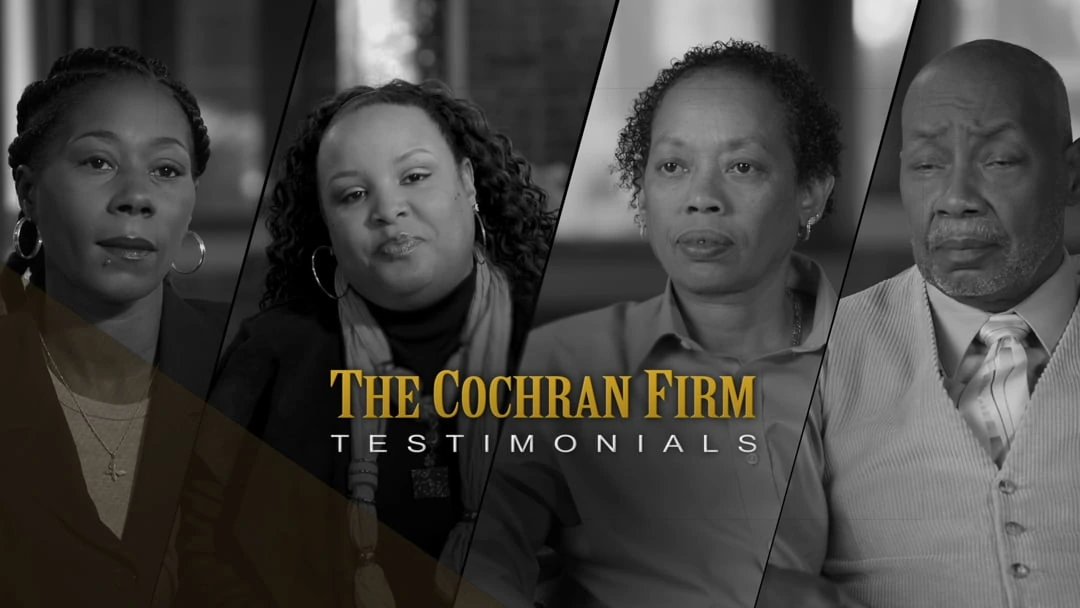A tort is civil misconduct resulting in damages, for which a remedy can be sought. Tort law forms the basis for nearly all civil lawsuits.
Each state’s tort law is established through common law judicial decisions and enacted statutes. Tort claims can vary based on the state laws. Tort laws have specific provisions that must be satisfied in order to prevail on a claim.. Tortious claims can be grouped into the following three liability categories: intentional torts, negligent torts, and strict liability.
As the name suggests, an intentional tort is committed when an individual knowingly commits the act that causes harm, or when the individual should have known that their actions would result in the harm caused. This list features a few of the more common intentional torts.
This occurs when an individual intends to cause harmful or offensive contact with another, or an imminent apprehension of such harmful contact, and the intended harmful contact directly or indirectly results. Contact must be offensive to a reasonable person, but if the plaintiff has made it repeatedly known that certain touching is unwanted, the standard can be more lenient. Though contact does not necessarily have to be severe, lawsuits involving forms of physical abuse typically have greater remedies available.
The plaintiff must have imminent fear that harmful contact would occur. Unlike battery, actual contact is not necessary but, the immanency requirement means that the harmful contact had to be practically certain to occur.
The defendant must intentionally or recklessly commit conduct of an extreme and outrageous variety, and that conduct must cause severe emotional distress. The requirement of extreme and outrageous conduct is viewed under an objective, reasonable person standard. Further, the distress suffered by the plaintiff needs to be indicative of a long-term impact. While having hurt feelings is not enough to satisfy the standard, evidence of mental illness as a result of the defendant’s conduct can be satisfactory.
Knowingly entering on to the real property of another without their consent is a trespass to land. A separate tort, trespass to chattel, offers a remedy for when an individual’s possession of private property is interfered with or deprived entirely. Remedies vary based on the severity of the interference; a court may order for the property to be returned, or that a reimbursement be made to the plaintiff for the cost of the tangible item.























